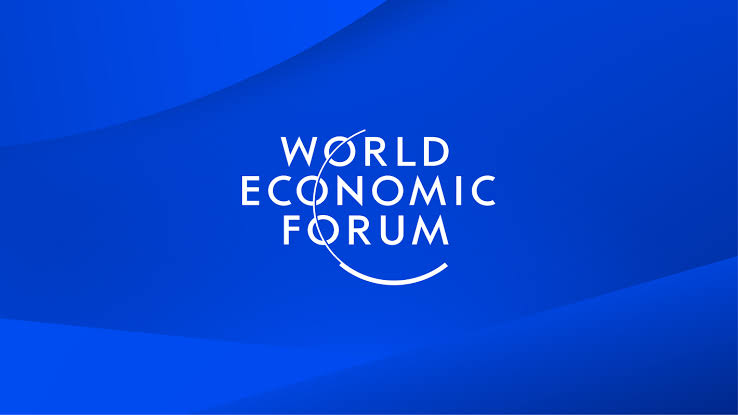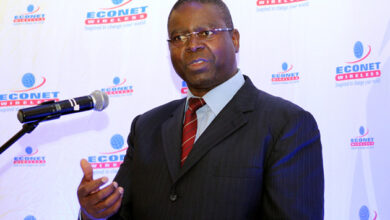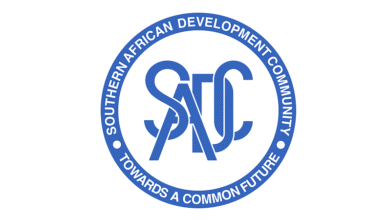WEF: Chance for Zimbabwe to Showcase Reforms, Growth Potential

The 2025 World Economic Forum (WEF) has kicked off in Davos, Switzerland, gathering nearly 3,000 participants from 130 countries. This year’s theme, “Cooperation in the Intelligent Age,” places global collaboration at the forefront, with discussions revolving around issues like geopolitical tensions, the accelerating climate crisis, and the rapid advancements in technology, including artificial intelligence and automation.
As over 60 Heads of State and government converge with political leaders, business executives, and experts, Zimbabwe is seizing this platform to present its economic reforms and highlight its growth potential. The Zimbabwean delegation, led by Finance, Economic Development, and Investment Promotion Minister Professor Mthuli Ncube, includes officials from the Zimbabwe Investment and Development Agency (ZIDA), ZimTrade, the Ministry of Foreign Affairs, and various business executives.
Economists and analysts see this as a vital opportunity for Zimbabwe to solidify its image as an investment destination. “Zimbabwe must demonstrate a clear commitment to economic stability and transparency,” said Dr. Andrew Neshamba, a senior economist. He emphasized the importance of reassuring investors by highlighting predictable regulatory frameworks, protecting investments, and addressing historical challenges like inflation and currency volatility.
Dr. Neshamba’s view is echoed by Dr. Michael Sithole, a financial strategist, who sees the forum as an opportunity for Zimbabwe to position itself as a gateway to Southern Africa. Given the country’s strategic location and ongoing infrastructure development projects, Zimbabwe can tap into regional trade and innovation by clearly articulating its vision for future growth.
The focus of the WEF this year on industries shaped by technology and innovation aligns with Zimbabwe’s ambitions to diversify its economy. “Zimbabwe must show that it is not just a resource-based economy,” says economist Gladys Shumbambiri-Mutsopotsi. Highlighting investments in digital infrastructure and education will position Zimbabwe as a leader in the Fourth Industrial Revolution.
Moreover, analysts advise the delegation to engage with multilateral organizations and financial institutions to secure funding for crucial infrastructure projects, particularly in energy, transport, and healthcare. “Building relationships with development banks and international lenders will be essential for Zimbabwe’s long-term growth,” noted James Matiringe, an emerging markets economist.
The WEF’s founder, Klaus Schwab, underlined the need for cooperation in light of growing global divisions. He emphasized that the 2025 meeting seeks to foster optimism and collaboration, focusing on shaping a more sustainable and inclusive future in the intelligent age. Zimbabwe’s participation in this forum, amid the global conversations on cooperation and technological transformation, is a timely opportunity to showcase its reforms and its potential as a rising economic force.




